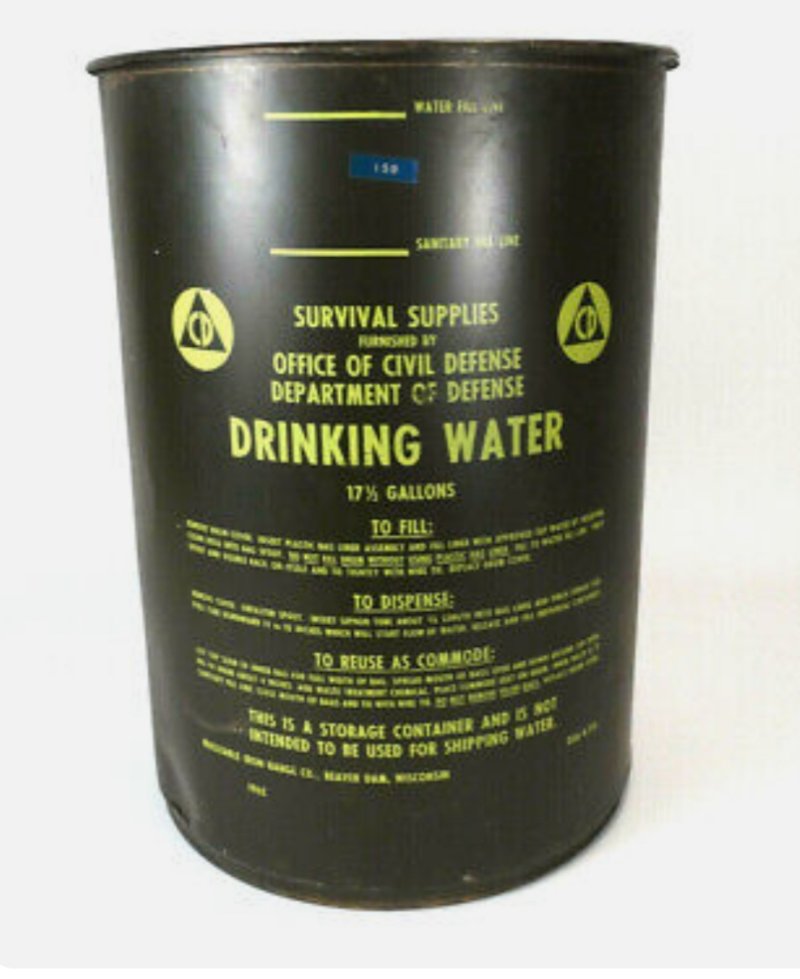What is the approx shelf life of sealed bottled water that you buy at the grocery store? None of them have an expiraton date that I can find.
I know this isn't an ideal situation for water storage, but it's nice to have some around as well for easy portability and distribution
I know this isn't an ideal situation for water storage, but it's nice to have some around as well for easy portability and distribution






